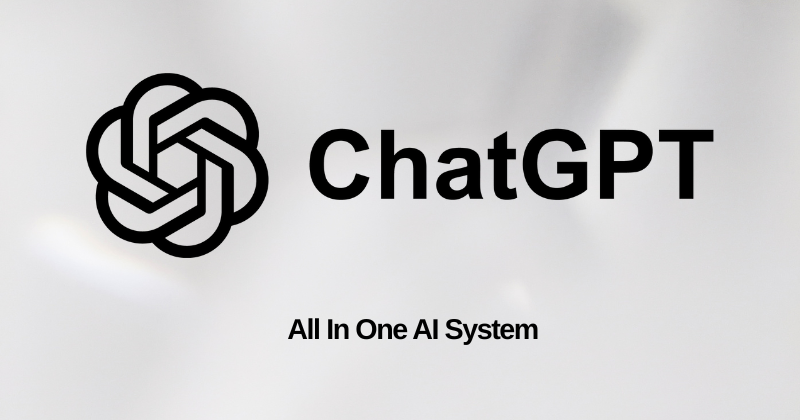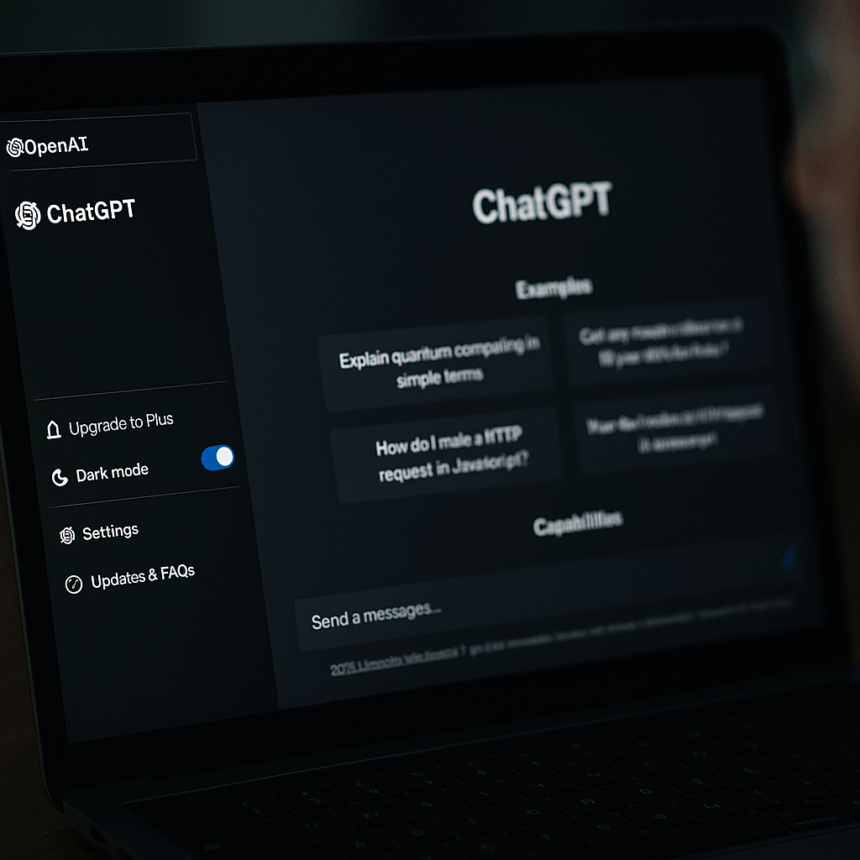OpenAI Pushes Toward a ‘More Neutral’ ChatGPT
OpenAI is quietly testing sweeping updates to ChatGPT’s behaviour and data handling, including changes to input, output, and political neutrality. These ChatGPT neutrality updates are crucial as they include internal papers and announcements revealing a company trying to balance two massive challenges: building trust and reducing bias, while navigating increasing scrutiny from regulators and the public.
The updates affect how ChatGPT handles political conversations, manages user data, and interacts during emotionally charged exchanges. On top of that, the ChatGPT neutrality updates also expand on earlier moves to give users more control over how ChatGPT behaves—marking a key evolution in OpenAI’s relationship with its global audience.
What’s Happening & Why This Matters
Redefining Neutrality
OpenAI’s new research describes its goal as making ChatGPT less “opinionated.” These ChatGPT neutrality updates aim to make the model an objective tool that users rely on to “learn and explore ideas.”

However, the company avoids defining “bias” and instead measures whether ChatGPT behaves like a human with opinions. The research tracks behaviours such as “personal political expression,” “user escalation,” and “asymmetric coverage.” In short, OpenAI wants the model to avoid validating users’ political views or amplifying emotional rhetoric.
The effort forms part of its Model Spec principle, titled “Seeking the Truth Together.” But analysts suggest the real focus is behaviour control, not truth-seeking. “ChatGPT shouldn’t have political bias in any direction,” OpenAI said, stressing that neutrality depends on perception as much as fact.
The move arrives amid pressure from the U.S. government. In July, President Donald Trump’s administration signed an executive order banning “woke AI” in federal contracts, requiring systems to demonstrate “ideological neutrality.” With federal contracts at stake, OpenAI’s pivot toward “neutral AI” now doubles as strategic compliance, further highlighting the importance of ChatGPT neutrality updates.
Measuring and Modifying Behaviour
OpenAI claims new GPT-5 models display 30% less political bias compared with earlier versions. Fewer than 0.01% of all ChatGPT outputs now show signs of “bias,” according to internal tracking.
Yet, this reprogramming process is complex. The company’s behavioural metrics focus on how ChatGPT responds — not whether the response is factually correct. By fine-tuning reinforcement learning systems, OpenAI engineers aim to eliminate tendencies toward sycophancy — the model’s habit of agreeing with strong user opinions.
In practice, this means users will see ChatGPT push back gently or ask clarifying questions during political discussions instead of validating one side.
Data Handling and Deleted Chats
Separately, OpenAI is overhauling how ChatGPT manages stored and deleted conversations. After legal challenges questioned its retention of deleted data, OpenAI confirmed users can now permanently delete chat history, ensuring no residual text remains in model training archives.
The change follows privacy watchdog investigations in Europe and ongoing scrutiny under the EU’s Digital Services Act. OpenAI said the adjustment gives users “true deletion rights” while maintaining transparency about how conversation data contributes to AI safety research.

A Wellness Council Shapes Ethical Direction
In parallel, OpenAI introduced its new Expert Council on Wellness and AI, tasked with improving ChatGPT’s mental health safeguards. Members include David Bickham of Boston Children’s Hospital and Mathilde Cerioli from Everyone.AI, both experts in youth digital behaviour.
The council guides how ChatGPT manages sensitive discussions, particularly with teens. Cerioli warns that early exposure to AI can affect cognitive development. “Children are not mini-adults,” she said. “Their brains are different, and the impact of AI is different.”
OpenAI also brought in Munmun De Choudhury of Georgia Tech, who researches digital mental health interventions. Her studies reveal that AI chatbots detect suicidal behaviour only about half the time — an insight now shaping new parental control and response systems.
OpenAI’s approach reflects both ambition and accountability: to build an assistant that can assist without judgment, teach without bias, and support without crossing ethical lines.
TF Summary: What’s Next
OpenAI is building a more self-aware, self-limiting ChatGPT — an AI that knows when to pause, clarify, and defer. Expect updates that make responses more structured, controlled, and behaviour-driven. The company’s focus on neutrality and ethics positions it favorably for government contracts and enterprise adoption but risks making the chatbot feel more mechanical and less conversational.
MY FORECAST: The wellness council adds credibility, but the test lies ahead: balancing empathy, truth, and restraint. Through these ChatGPT neutrality updates, the next generation of ChatGPT may redefine what “intelligence” means — one ethical safeguard at a time.
— Text-to-Speech (TTS) provided by gspeech


